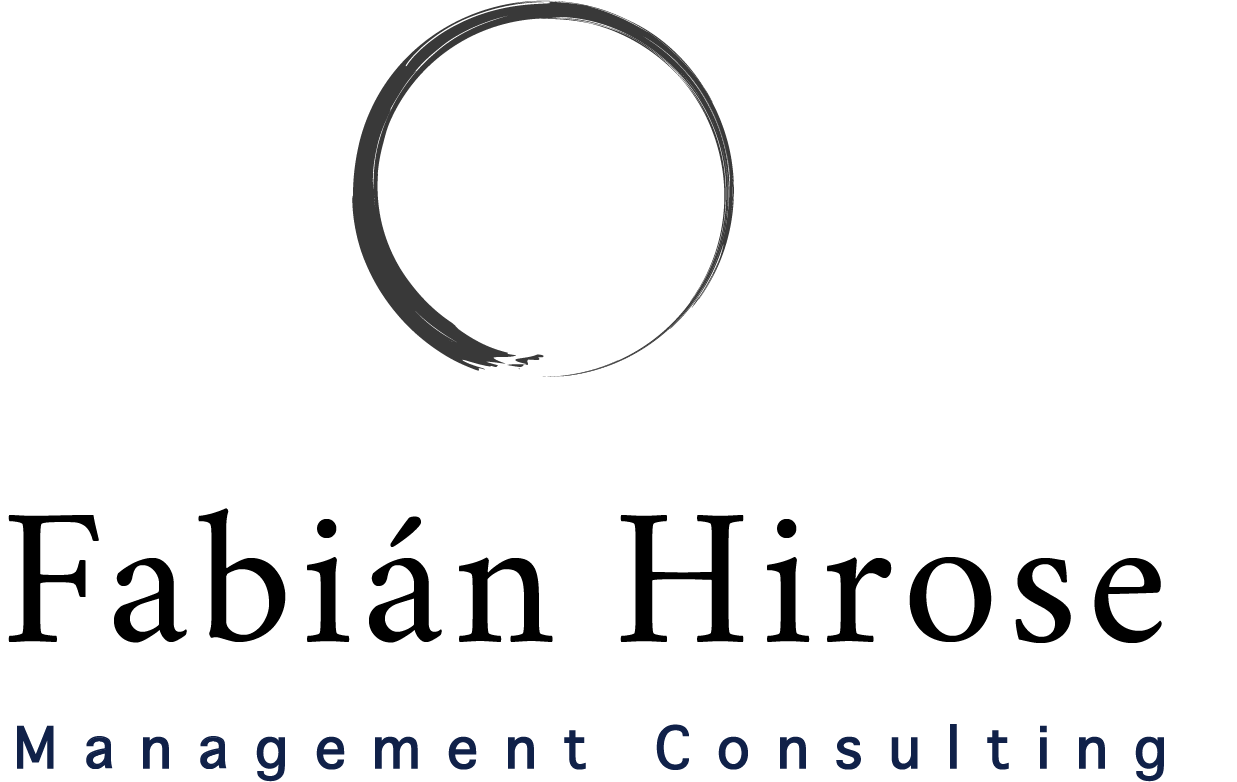Are you an inclusive leader?
By Dr Megan Reitz for Ashridge Executive Education at Hult International Business School.
Traditional concepts of leadership are fast becoming out-moded in today’s complex world. In diverse global environments, where technology is breaking down barriers and revolutionizing the way we work, a new breed of leader is needed.
If organizations are to be able to innovate at speed and keep ahead of the competition, they need leaders who accept that they cannot possibly know all the answers themselves. Succeeding against a backdrop of economic uncertainty, where customer expectations are greater than ever before, calls for humility, empathy and a high level of self-awareness.
The most successful leaders of the future will be those who embrace diversity, encourage collaboration and actively seek challenge and feedback in their attempts to gather ideas and perspectives from all corners of the business.
New-style inclusive leaders also need to be skilled at building teams where people feel accepted, heard and confident that their contributions are valued – and as a result are prepared to go the extra mile.
So what do you need to do personally as a leader to move towards a more inclusive approach? Here are five questions to consider:
1. Are you getting the balance right?
Being an inclusive leader means getting the balance right between providing a clear vision and strategic direction – whilst also being receptive and actively seeking the contributions of others. It’s about providing the framework, clarifying boundaries and setting expectations, while also listening to others perspectives, supporting their needs and involving them in decisions. Inclusive leaders do not abdicate accountability and responsibility; rather they have a good sense of when to step out to make space for others to interact, and when to step back in again to ensure things stay on track.
2. Are you genuinely receptive to new ideas?
How do you react when people challenge the status quo or come up with new ideas? Are you genuinely curious about what employees have to say and enthusiastic about exploring the potential of out-of-the-box thinking? Or do you listen politely and make the right noises, without any real intention of exploring their ideas further? Hold up a mirror and ask yourself whether you are genuinely welcoming when people push the boundaries or whether you may be sub-consciously giving out ‘do not trespass’ messages and trying to hang on to complete control.
3. Are you creating a ‘speak up’ culture or a ‘shut up’ culture?
Recent research from Ashridge (Being Silenced and Silencing Others: Developing the capacity to speak truth to power), has found that managers often inadvertently create cultures of silence within their teams. They fail to recognise that truth and power are inextricably linked and that no matter how approachable they try to be, employees will always monitor what they say and only disclose what they think is ‘safe’ or politically acceptable.
Becoming an inclusive leader means developing an understanding of just how ‘scary’ you may be to people less senior than you. It’s about understanding how the subtle signals you give out on a daily basis could be encouraging people to keep their great ideas to themselves – and finding ways to facilitate open and honest dialogue so that everyone’s voice gets heard.
4. Are you utilising the talents of your whole team?
Thanks to demographic and legislative changes, coupled with a highly mobile global population, organizations now have access to a more diverse talent pool than ever before. Managers are increasingly being faced with the challenge of managing three, possibly four-generation teams, for example, as Gen Z begin to enter the workplace and older employees extend their working lives beyond conventional retirement age.
Inclusive leaders recognise that all employees, regardless of age or background, have a valuable contribution to make. They are skilled at acknowledging and exploiting the diversity of experience and perspective that their people bring and at facilitating a working environment where respect for others is paramount and diversity of thought is embraced and encouraged.
5. Is your culture truly inclusive?
Building a truly inclusive culture means being aware of your unconscious biases and the way you ‘label’ people. We may believe we are being inclusive, but if we are honest with ourselves, we all have our ‘little list’ of the people whose voices we want to hear and can be subconsciously hanging onto out-dated stereotypes of how people are and what they may be capable of achieving. Inclusive leaders are aware of the dangers of ‘group think’ and are comfortable recruiting (and promoting) people who are not in their own image. They are skilled at building ‘safe’ cultures where the individual’s strengths and differences are celebrated and the type of healthy conflict, which leads to ground-breaking thinking, is encouraged.


